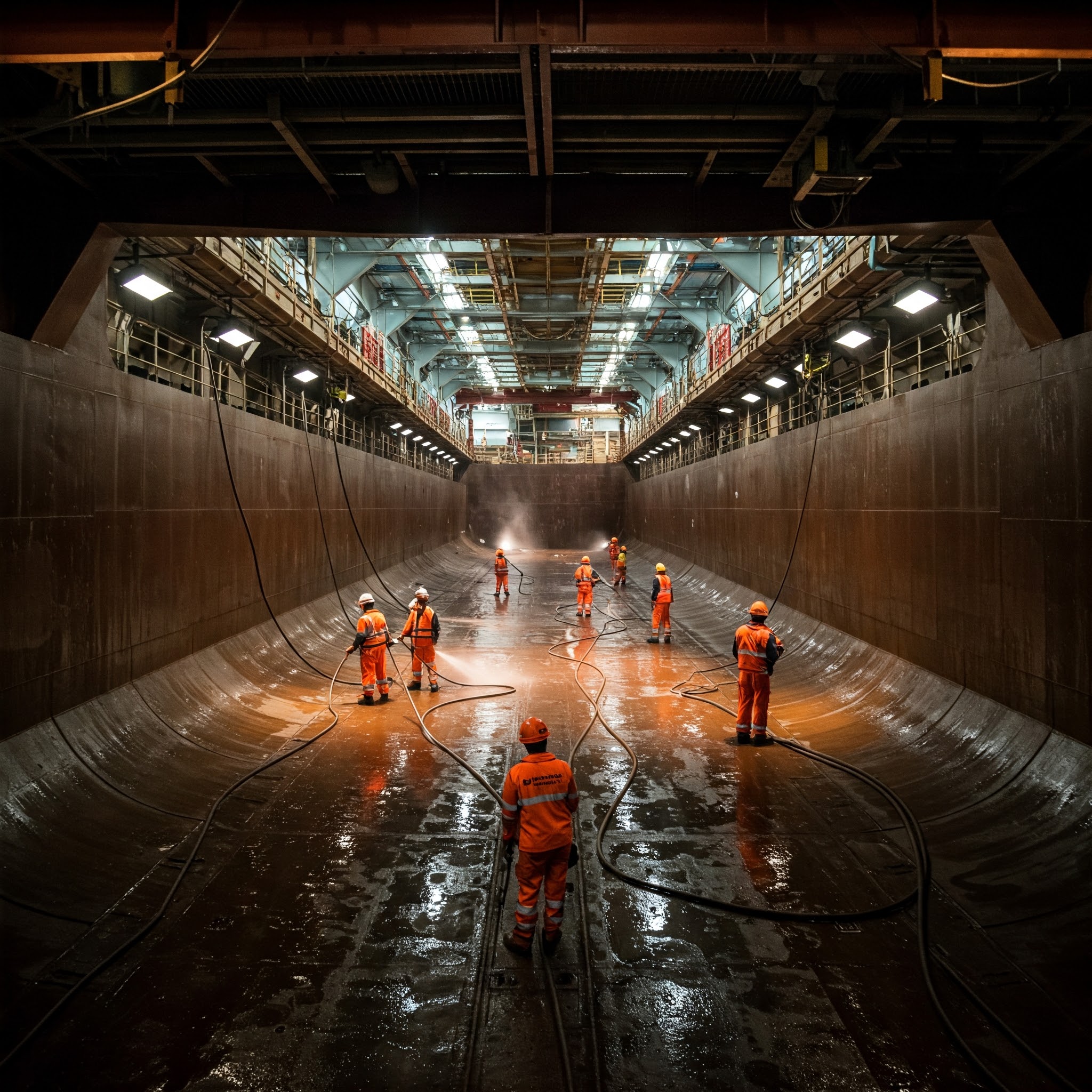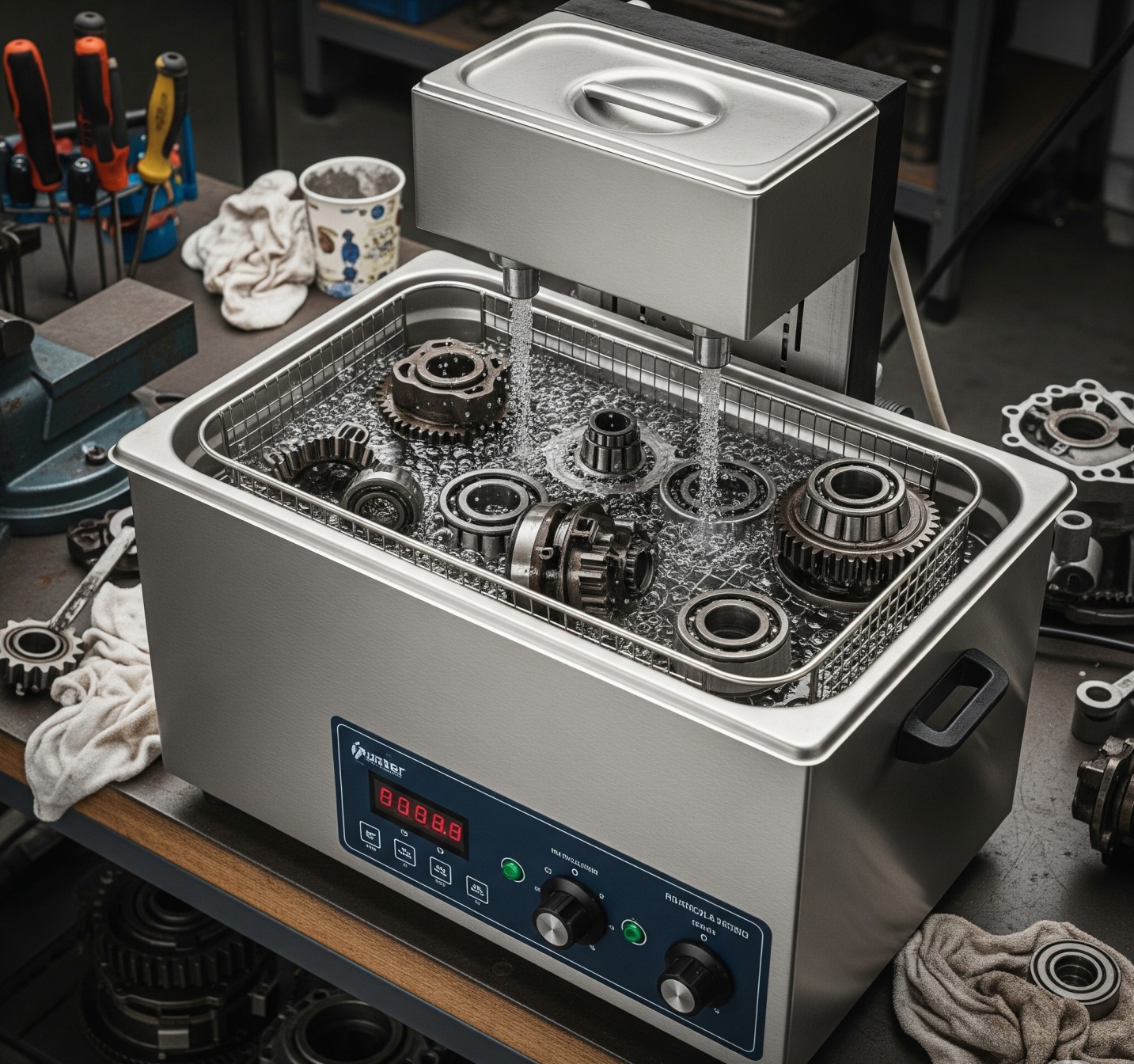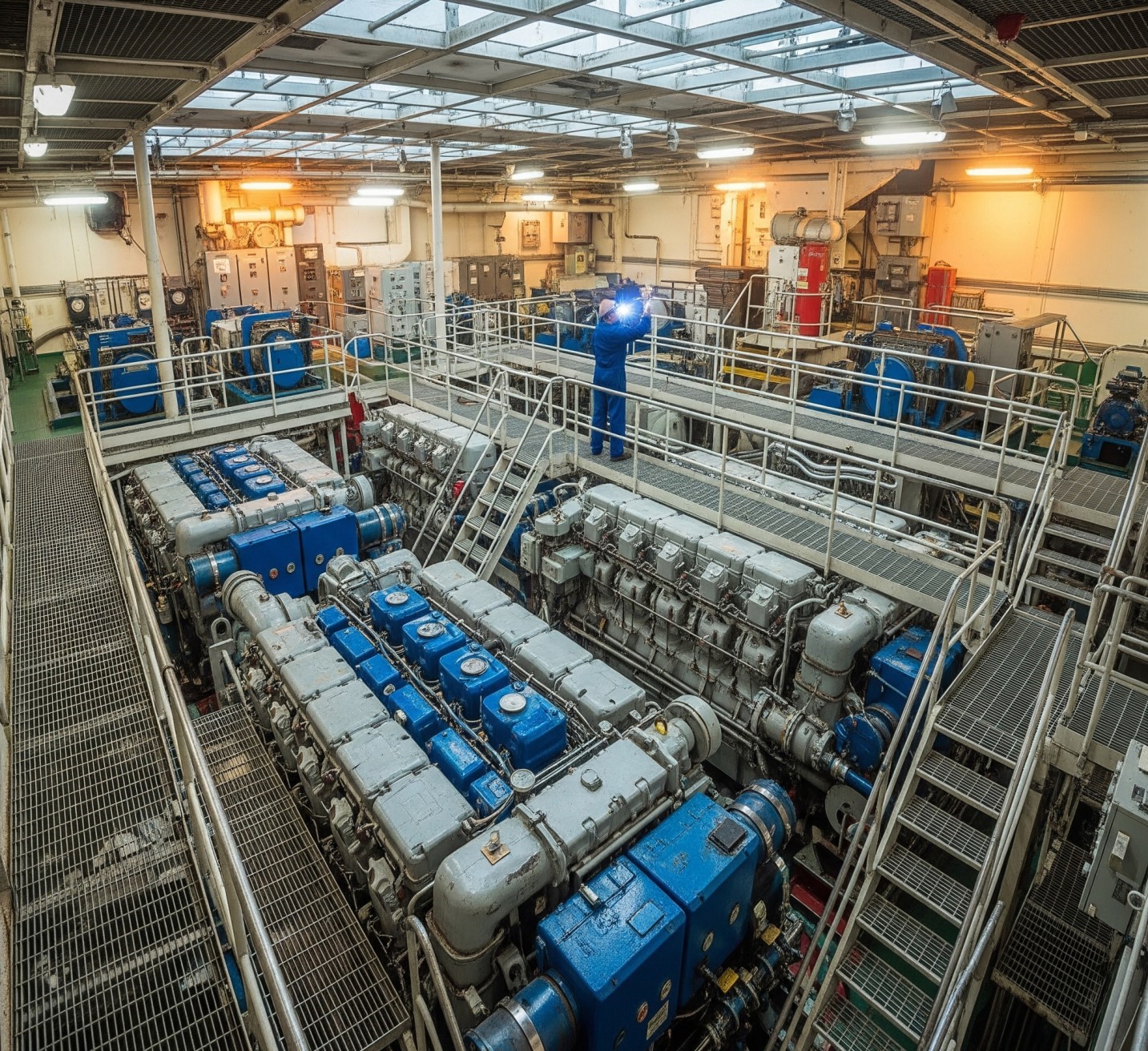Muscat Chemical stands tall as a beacon of innovation amidst the glistening dunes and age-old traditions of Oman. As the premier Ethylene-Propylene Rubber (EPR) supplier, manufacturer, and distributor, the firm intertwines Oman’s rich legacy with futuristic advancements, powering industries and touching lives.
CAS NO: Ethylene-Propylene rubber doesn't have a specific CAS number due to its polymer nature. However, its components, ethylene and propylene, carry individual CAS numbers.
Formula: Ethylene (C2H4) and Propylene (C3H6)
Product Description:
Ethylene-Propylene Rubber (EPR) is a copolymer crafted from ethylene and propylene units. With a commendable balance of flexibility, durability, and resistance, it stands as an epitome of engineering marvel in the realm of synthetic rubber, and Muscat Chemical ensures that this marvel resonates with unmatched quality.
Usage and Application:
Ethylene-propylene rubber (EPR), also known as EPDM (ethylene-propylene-diene monomer), is a versatile synthetic rubber with a wide range of applications across various sectors. EPR is known for its excellent resistance to weather, ozone, heat, and chemicals, making it suitable for both indoor and outdoor applications. This report explores the applications and uses of ethylene-propylene rubber in different sectors, covering its properties, production methods, and advantages in each application.
1. Automotive Industry: Ethylene-propylene rubber is extensively used in the automotive industry due to its durability, resistance to weathering, and versatility.
- Weather Seals and Gaskets: EPDM is used in weather seals, gaskets, and window seals in vehicles to prevent leaks and provide insulation.
- Radiator Hoses: EPDM is used in radiator hoses due to its heat resistance and ability to withstand the effects of engine fluids.
- Tire Sidewalls: EPDM is used in tire sidewalls for its resistance to UV radiation and weathering, enhancing the tire's lifespan.
- Door Seals: EPDM is used in door seals to prevent moisture and air infiltration, contributing to passenger comfort.
2. Construction and Building Materials: Ethylene-propylene rubber is utilized in construction for its resistance to weather, UV radiation, and chemicals.
- Roofing Membranes: EPDM is used in roofing membranes for its waterproofing properties and durability in various weather conditions.
- Expansion Joints: EPDM is used in expansion joints to accommodate movement and seal gaps in building materials.
- Sealants and Adhesives: EPDM is used in sealants and adhesives for construction applications due to its ability to bond and seal materials effectively.
3. Electrical and Electronics: Ethylene-propylene rubber is used in the electrical and electronics industry for its insulating and sealing properties.
- Cable Insulation: EPDM is used as cable insulation in electrical wiring for its ability to provide electrical insulation and withstand temperature variations.
- Electrical Sealing: EPDM is used to seal electrical enclosures and connectors, protecting them from moisture and environmental elements.
4. Automotive Aftermarket: Ethylene-propylene rubber finds applications in the automotive aftermarket sector for replacement parts and repairs.
- Seals and O-rings: EPDM is used in the production of replacement seals, gaskets, and O-rings for automotive repairs.
- Rubber Mats and Liners: EPDM is used to create rubber mats, liners, and floor coverings for vehicles to protect interiors from moisture and wear.
5. Marine Industry: Ethylene-propylene rubber is used in the marine sector due to its resistance to saltwater, UV radiation, and environmental factors.
- Boat Fenders: EPDM is used in boat fenders and bumpers to provide cushioning and protection against impacts.
- Marine Seals: EPDM is used in marine seals and gaskets to prevent water intrusion and corrosion in marine equipment.
6. HVAC and Plumbing: Ethylene-propylene rubber is used in heating, ventilation, air conditioning (HVAC), and plumbing applications.
- Pipe Seals: EPDM is used in pipe seals to prevent leaks in plumbing systems and HVAC installations.
- Cooling Tower Gaskets: EPDM is used in cooling tower gaskets for its resistance to water, heat, and chemicals.
7. Industrial Seals and Gaskets: Ethylene-propylene rubber is used in various industrial sectors for sealing and gasket applications.
- Industrial Equipment: EPDM is used in industrial equipment for sealing and gasketing, preventing leaks and maintaining operational integrity.
- Process Plant Components: EPDM is used in process plant components such as valves and pumps for its resistance to chemicals and heat.
8. Agriculture and Horticulture: Ethylene-propylene rubber finds applications in agriculture and horticulture due to its resistance to weather and chemicals.
- Agricultural Equipment: EPDM is used in agricultural equipment components such as belts, hoses, and gaskets for its durability and performance in outdoor environments.
- Greenhouse Seals: EPDM is used in greenhouse seals and gaskets to create a controlled environment for plant growth.
9. Sports and Recreation: Ethylene-propylene rubber is used in sports and recreational equipment due to its durability and weather resistance.
- Sports Surfaces: EPDM is used in sports surfaces such as tracks and playgrounds for its shock absorption and weather resistance.
- Recreational Equipment: EPDM is used in recreational equipment such as mats and flooring for its ability to provide a safe and comfortable surface.
10. Aerospace Industry: Ethylene-propylene rubber is used in the aerospace sector for its resistance to high and low temperatures.
- Aircraft Seals: EPDM is used in aircraft seals and gaskets to maintain pressure differentials and prevent leaks in various aircraft components.
- Spacecraft Components: EPDM is used in spacecraft components for its ability to withstand the extreme temperature fluctuations of space environments.
ethylene-propylene rubber (EPDM) is a versatile material with a wide range of applications across different sectors. Its properties, including weather resistance, UV resistance, chemical resistance, and durability, make it valuable in the automotive industry, construction, electrical and electronics, marine applications, HVAC and plumbing, industrial sectors, agriculture, sports and recreation, and the aerospace industry. As industries continue to evolve and prioritize performance, efficiency, and sustainability, the applications of ethylene-propylene rubber are likely to expand further, reinforcing its role as a critical component in modern manufacturing and technology.
Product Parameters:
-
Grade Standard: Automotive, industrial, food-grade, and more, catering to diverse niches.
-
Certification: The insignia of ISO, ASTM, and other esteemed global standards adorn our products.
-
Purity: Crafted to perfection, devoid of any impurities.
-
Appearance: A fine, consistent quality visually signifying excellence.
Specifications:
At Muscat Chemical, ensuring the tensile strength, elasticity, heat resistance, and other pivotal attributes of EPR matches global benchmarks is not just a norm, but a passion.
Our Advantages:
- Strategic Locale: Nestled in Muscat, tapping into the throbbing pulse of the Middle East's business ecosystem.
- Unparalleled Expertise: Decades of domain mastery ensuring top-tier products.
- Global Footprint: Presence in global hubs - Istanbul, Cairo, Dubai, Riyadh, and beyond, to London, New York, and Tokyo.
Production Capacity:
Muscat Chemical's sprawling infrastructure boasts an enviable capacity, ready to cater to surging global demands.
Quality Control:
Every speck of EPR undergoes rigorous scrutiny, ensuring that what reaches the clientele is nothing short of perfection.
Customization:
In the myriad demands of industries, Muscat Chemical carves out bespoke solutions, tailoring EPR as per unique requirements.
Company Info:
An embodiment of Oman's futuristic vision, Muscat Chemical has been the torchbearer of quality and innovation. As waves from the Gulf of Oman kiss the shores, they whisper tales of a company that has made Oman proud on the global map.
Packing:
EPR, packed with precision, ensures the rubber remains pristine, from Muscat's heart to global destinations.
Physical Properties:
- Density: Typically around 0.86 g/cm³.
- Melting Point: EPR showcases high thermal stability.
- Elongation at Break: An exemplar of elasticity, stretching beyond expectations.
Storage:
State-of-the-art facilities ensure that EPR remains shielded from detrimental factors, maintaining its superior attributes.
Quality Inspection:
End-to-end checks, leveraging advanced tech and seasoned experts, underscore Muscat Chemical’s commitment to quality.
Plant Area:
The architectural marvel, blending aesthetics with efficiency, stands in a strategic expanse of Muscat, echoing the ethos of excellence.
Terms of Payment or Quotation & Payment:
Empowering clients with flexibility, Muscat Chemical supports a spectrum of payment modes.
Nearest Port:
The proximity to Port Sultan Qaboos and other strategic ports ensures seamless logistics and swift shipments.
Import & Export Mode:
Embracing a plethora of modes, from CIF to FOB, underpinning a seamless global trade experience.
Conclusion:
Muscat Chemical, while rooted in Oman’s grandeur, stretches its arms wide, embracing the world. Through its unparalleled EPR, it narrates a saga of an Omani enterprise that isn't just a business entity but a dream, a commitment, a legacy. As the world marches forward, powered by industries and technologies, Muscat Chemical promises to be its steadfast companion, one roll of Ethylene-Propylene Rubber at a time.




